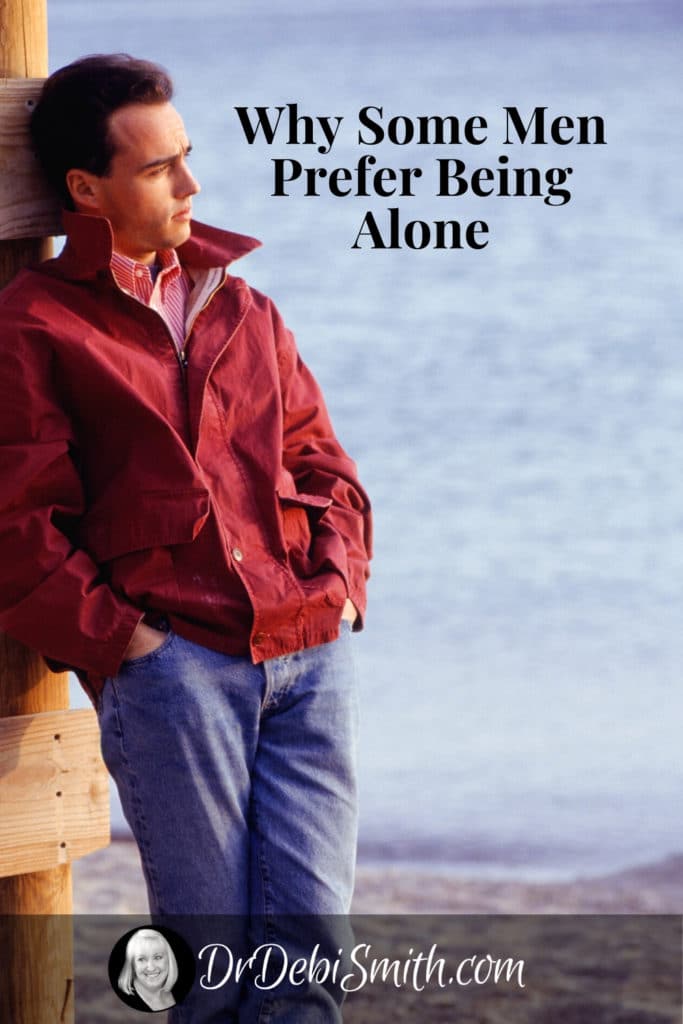
“Wondering Wounded” asked:
“I would like your interpretation of a man who seems more interested in spending his time with other men.
“I went out with him a few times and we really hit it off, but he suddenly withdrew without much explanation.
“He spends most of his time on hobby of Ham Radio consisting of mostly men friends, and he also spends much time going to Tradorees and trading and selling vintage Boy Scout patches (once again mostly men and boys attend these). Most of (90%) the friends he has on social networking sites are also men. He does not go out with women often in fact it is rare. Do these things indicate he might be gay?”
Dear “Wondering Wounded,”
No, they don’t. In fact, there are many, many reasons a man would prefer to be alone … or in the company of other men. Most have to do with issues of safety.
Dr. Stephen Bergman described a common emotional experience he refers to as male relational dread. This fear is characterized by a sense of inevitable, never-ending disaster and an expectation of immense and irreparable damage. The closer a man feels to a woman, the more intense his dread. He feels unsafe, guilty, incompetent, and ashamed in this uncharted territory.
Under the pressure of needing to fix things, he is overcome by an exponential increase in his dread. Even though he may desperately want connection, a man may interfere with activation of his own attachment system by
“withdrawing, striking out, tuning out, changing the subject, joking, being nice, falling silent” (Bergman, 1995, p. 83).
As Dr. Bergman has observed in his workshops, men may have sufficient experiential evidence that disconnection is the better, safer, way to go.
“The men—sometimes with good reason—did not trust the women to let go of their images of men and to accept male vulnerability” (Bergman, 1995, p. 83).


